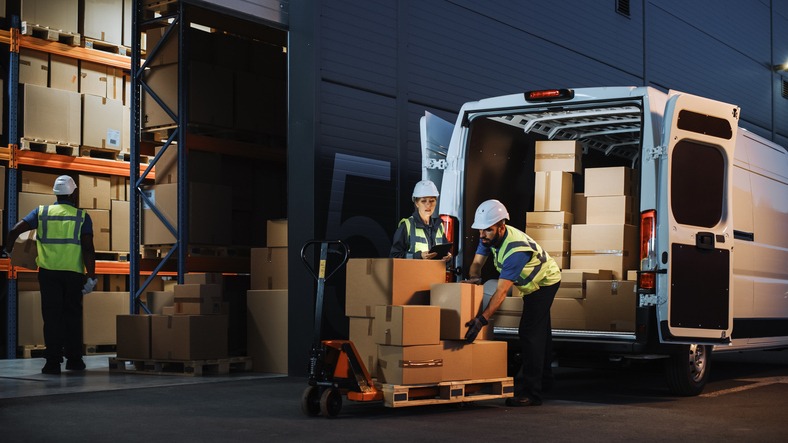
The past three years have forced a re-think for many manufacturing businesses in the UK, as supply chain networks have faltered
According to a recent report by Make UK, the pressure on supply chains is expected to persist through at least 2024, as indicated by 93% of manufacturing businesses surveyed. While businesses have already made necessary adaptations to their supply chains, there are further opportunities for improvement by refining strategies and leveraging technology.
Despite the critical importance of supply chain monitoring to manufacturers, around a quarter of them do not actively monitor their supply chains, highlighting the need for enhancement. The report also revealed that 62% of businesses have not altered their strategy to invest in supply chain technology, and although 47% have increased supply chain monitoring, this falls significantly short.
To optimise workflow management, businesses must prepare for potential inflationary and supply chain challenges in the future. The precise nature of these challenges remains uncertain, but adapting to the new “normal” is crucial. This may involve stockpiling inventory to address supplier shortages or modifying production processes to maximise available materials. Businesses everywhere should continue to seek ways to streamline their processes.
Manufacturers must implement adaptations to reduce inefficiencies in workflows, attract frustrated customers with tailored offers, and identify strategic approaches to reposition their businesses. While global supply chain issues may be beyond their control, even small adjustments can contribute to their ongoing success.
Embracing supply chain technology is vital for tracking assets and enhancing resilience. However, manufacturers have been slower to adopt this mindset compared to other industries. Currently, only 46% utilise dashboards and analytics, 14% have supply chain control towers, and a mere eight per cent utilise AI and machine learning.
Nevertheless, there is a growing belief within the industry that data and cloud computing can positively impact productivity and efficiency. It is high time for manufacturers to initiate this transformation.
More manufacturers can benefit from employing technology to track assets by investing in automated asset management devices. These devices enable the tracking of goods throughout the supply chain using internet-connected tracking systems that collect data wirelessly from antennas or tags attached to containers, boxes, or individual items.
For instance, Nike has been using radio-frequency identification technology since 2020 to automatically identify and track its footwear, providing a comprehensive understanding of inventory at all times.
However, the data collected is only valuable if utilised to inform decision-making. For example, analysing data on shipping times for specific components along certain routes can help manufacturers identify opportunities to optimise workflows, thereby increasing efficiency.
Considering sourcing options closer to home has emerged as a new trend in response to the COVID-19 pandemic. Forty per cent of manufacturers have reported an increase in UK suppliers, and 20% have expanded their supplier base in the EU, despite existing barriers. Strategically diversifying sourcing across different countries and regions helps mitigate concerns related to disruptions caused by severe weather events or geopolitical issues in a single location.
In cases where a business relies on a rare raw material that lacks a reliable source, creative thinking becomes essential. Finding alternative solutions is crucial, such as designing a product to be compatible with a more readily available material.
Additionally, businesses must be open to shifting their business models when facing supply challenges. For example, Toyota’s electric car business in Japan leases electric cars instead of selling them due to an inconsistent supply of electric car batteries. This approach allows Toyota to maintain control over a scarce resource.



Be the first to comment